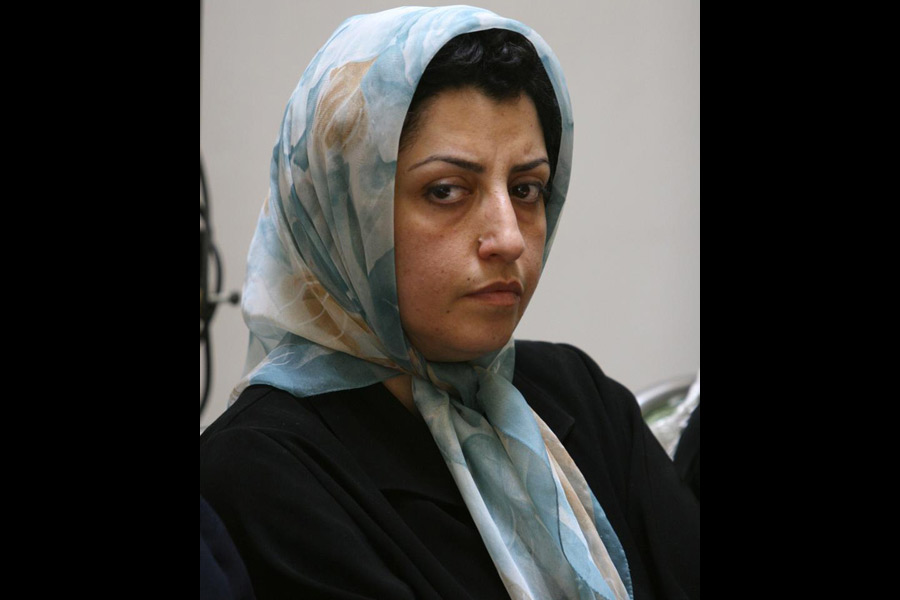 |
Lucknow, Nov. 27: At least 20 judges of Allahabad High Court and its Lucknow bench have relatives who practise law in their courts, lawyers’ associations said a day after the Supreme Court slammed the “uncle judge” syndrome.
An apex court bench had yesterday found “something rotten” in Allahabad High Court, citing how some of its judges favoured the clients of their relatives, helping the latter become “multi-millionaires”.
Sources in the state bar council and the Avadh Bar Association (ABA) said 12 Allahabad High Court judges (out of 49) and eight Lucknow bench judges (out of 22) were related to one or more lawyers practising in their courts. The number of the “cousin lawyers”, as they are known, is at least 34, they said.
“We estimate there are 14 advocates whose relatives are judges on the Lucknow bench, though not all are involved in the favourable verdicts syndrome. But some definitely are,” said Ramesh Pandey, secretary of the ABA, a private body of high court lawyers.
He added: “We may send a report to the Centre on this soon.”
Sources in the state bar council, an official regulatory body, said 20 “cousin lawyers” practised at Allahabad High Court. “We are finalising the list,” an official said.
Senior ABA member D.P. Gupta said: “You can get a favourable order if you know who the relatives of these judges are, and are ready to pay a hefty fee. These cousin lawyers’ fees can be triple the fees charged by other high court lawyers.”
An ABA source cited how a certain 32-year-old advocate, related to a senior judge, had bought a house in Allahabad and owned two cars after just five years of practice. Sources also pointed to a woman advocate whose fortunes changed after her uncle, a bar member, was appointed a judge on the Lucknow bench where she practises. She now owns an upscale bungalow and an expensive car.
Gupta said: “Most of the quick money-spinning orders relate to tainted and suspended government officials who approach the courts and get reinstated.”
Rule 6 of the Bar Council of India’s “standards of professional conduct and etiquette” requires advocates not to appear or practise in any “court, tribunal or authority if any member thereof is related to the advocate”. But it’s a guideline and is not legally binding.
In August this year, a Law Commission report attributed the problem partly to the practice of elevating high court lawyers or district court judges as high court judges in the same state.
“Often we hear complaints about ‘uncle judges’. There are occasions when advocates (turned) judges either settle scores with advocates who have practised with them or have a soft corner for them,” says the report, penned by former Supreme Court judge A.R. Lakshmanan.
It recommends: “Judges whose kith and kin are practising in a high court should not be posted in the same high court. This will eliminate ‘uncle judges’.”
Justice Markandey Katju, member of the two-judge apex court bench that yesterday rapped the high court, is not unfamiliar with the situation. He was a judge at Allahabad High Court for over five years.
He and Justice Gyan Sudha Mishra, however, had clarified in their order that not all lawyers “who have close relations as judges of the high court are misusing that relationship”.










